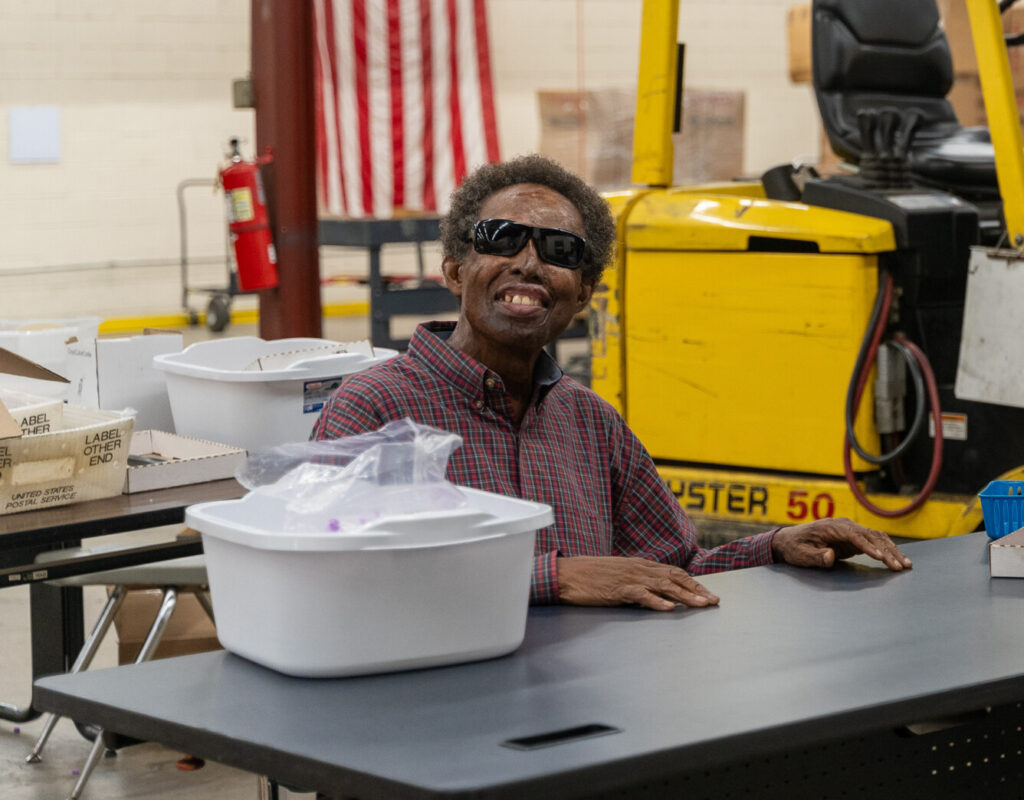What if you lost your ability to make decisions that affect your life and your future? Not because you can’t make those decisions but simply because of barriers created by society and your surrounding community. One in four Americans lives with a disability, meaning that one in four individuals faces the real threat of being deprived of the independence they deserve.
This article breaks down what independence may mean for those living with a disability. Below are eight crucial things to consider if you would like to be a part of the movement dedicated to creating a more accessible and hospitable world for people living with disabilities.
Financial Independence
Financial independence entails having enough passive income to sustain a reasonable quality of life. However, the journey towards financial freedom is often long, lonely, and far from straightforward. It involves multiple stages, including achieving financial stability and eliminating debt.
Finding Employment
To embark on the path of financial freedom, individuals typically need to start with employment. This often means securing a job that provides the necessary resources for a good life quality. Yet, many people with disabilities face issues in securing employment. According to the Bureau of Labor Statistics, only 21.3 percent of persons with a disability were employed in 2022.
Finding a job is not an overnight process, and for individuals living with disabilities, it can be even more challenging due to the various biases they often encounter. One of these biases is the misconception that individuals living with disabilities are less capable or less productive than their peers without disabilities.
Employers need to acknowledge the importance of creating accessible and accommodating job opportunities that align with the skills and interests of those with disabilities. This might involve options such as remote work, part-time positions, or freelance opportunities. Providing such opportunities can yield numerous benefits for employers, including increased revenue, higher employee retention rates, and potential tax benefits. In most cases, accommodating employees with disabilities does not require significant investments, with many employers reporting minimal to zero costs for these adjustments in recent research.
Training and Education
Investing in education and skill development to enhance earning potential is crucial. This may involve vocational training, online courses, or degree programs. One example is the Bobby Dodd Institute (BDI) Bridge Academy. This 20-week training prepares students to obtain the globally recognized Cisco certification and equips them with the technical and professional skills needed to succeed in the rapidly growing technology industry. And for those who have not yet decided what they want their career path to look like, BDI’s G.R.O.W. program offers one-week employment exploration where students are exposed to different industries and gain real-world, on-the-job experience.
Benefits
Beyond employment, individuals living with disabilities also have access to state and federal benefits and government assistance programs that can additionally contribute to financial independence. However, navigating and accessing these benefits can often be a complex and lengthy process. This is where organizations like BDI play a crucial role. BDI’s Benefits Navigation program has successfully secured over $150 million in benefits for individuals over their lifespans, a vital step toward achieving financial stability.
Financial Education
Learning effective budgeting, saving, and financial planning is essential for financial independence. Pooled special needs trusts, such as the Georgia Community Trust of BDI, offer these resources. These trusts are especially important for those anticipating substantial financial incomes while seeking to maintain eligibility for means-tested benefits. They can also serve as an emergency fund, which is critical for unexpected expenses. Exploring investment opportunities, such as stocks, bonds, or retirement accounts, can assist individuals in building their wealth over time.
Social Independence
Financial independence is just one aspect of attaining true self-sustainability for individuals living with disabilities. Another critical facet is social independence and inclusion. Social independence encompasses the ability to live, attend school, work, and fully participate in the community without being confined to specific educational programs and jobs.
Accessible Environments
To integrate individuals with disabilities into the community, accessibility is paramount. Public venues, recreational areas, and meeting places should be designed to accommodate individuals with disabilities, ensuring their access. Often, our surroundings are not designed with inclusivity in mind, which is where the concept of universal design comes into play as a step beyond mere accessibility.
Transportation
Accessible environments are of limited use without reliable transportation. Many people living with disabilities cannot operate vehicles due to physical restrictions, such as visual impairments. Consequently, they depend on public transportation to travel between home and work or attend events. Access to dependable and accessible transportation is vital for maintaining employment and engaging in daily activities.
Advocacy
Building advocacy skills to protect one’s rights and secure necessary resources and accommodations can be empowering and contribute to social independence.
Counseling and Mental Health Services
Access to mental health services and counseling is crucial for helping individuals cope with the emotional challenges that may arise from living with a disability. BDI’s Behavioral Health program employs a holistic lifespan approach to behavioral and mental health services to help adolescents and young adults living with disabilities develop the stress management skills needed to thrive socially.
As a society, it is our responsibility to create a world that is truly inclusive—a world that embraces diversity in all its shapes and forms. This is precisely why organizations like BDI exist – to provide pathways to independence for individuals living with disabilities. Each year, BDI serves as a guiding North Star for more than 2,500 people with disabilities, but there are countless others who are in need of our support. Your generous donation today can make a significant difference. Please consider contributing now.
The True Meaning of Independence
“I’ve got something to do, somewhere to go, and I can remain productive.” That’s what independence means to Ray Simms. Ray works on the production floor at Bobby Dodd Institute (BDI), where his positive energy inspires his coworkers and visitors alike. Since losing his vision more than 40 years ago, Ray has constantly pursued opportunities to support himself financially and be involved in the community. “It’s good to get out and socialize and be a part of what’s going on in the world,” he says. Laughing, he adds that earning a paycheck is also good. “To continue to be independent, that paycheck really helps.”



